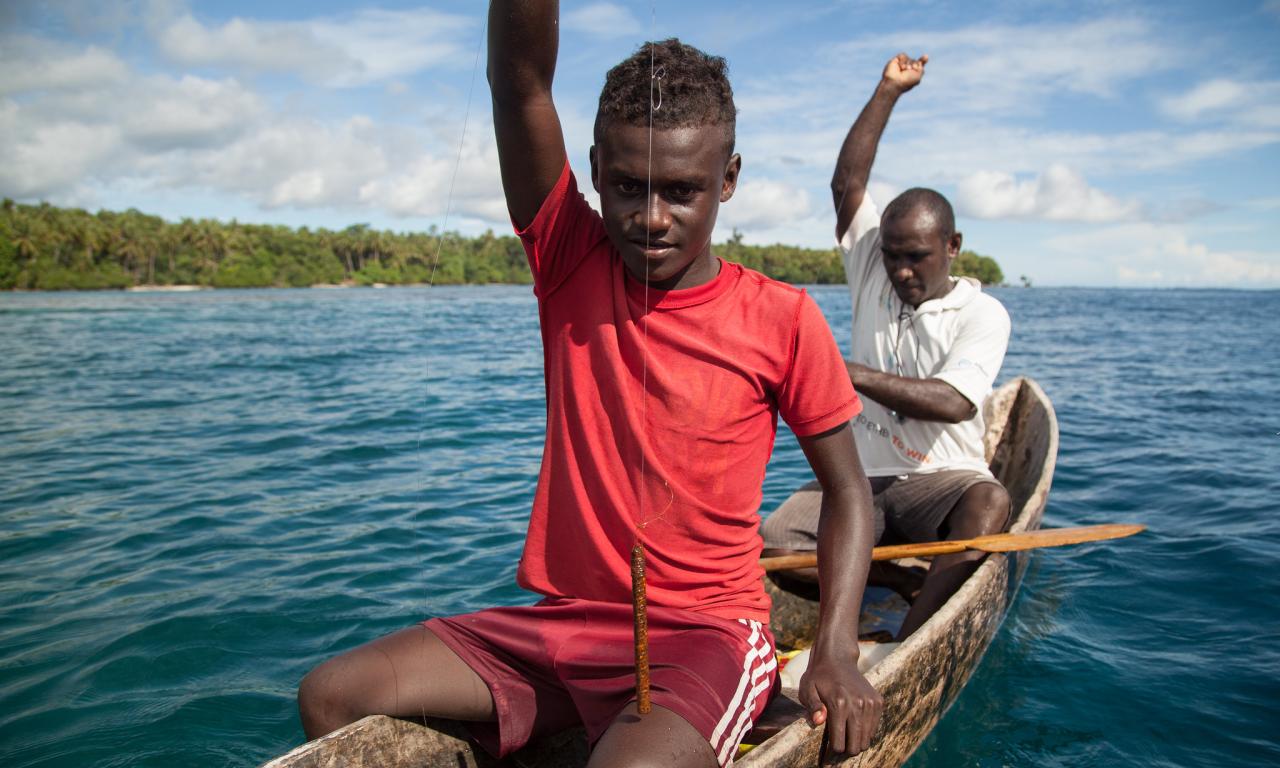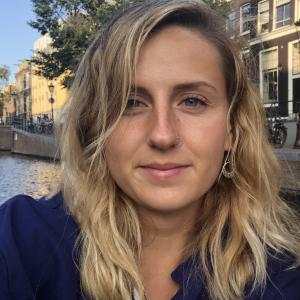
-
An e-photobook was launched as part of the celebrations for the International Year of Artisanal Fisheries and Aquaculture (IYAFA)
-
IYAFA aims to highlight the unseen contributions of small-scale fish workers to sustainable development, with the complimentary photobook showing their diversity and resilience
The United Nations General Assembly has declared 2022 as the International Year of Artisanal Fisheries and Aquaculture (IYAFA), with a suite of international and grassroots organizations taking place in celebrations and virtual events intended to highlight the contributions of small-scale fish workers around the world.
To emphasize the role of small-scale aquatic food sector in food and nutrition security, particularly in Asia, INFOFISH held a two-day event culminating in the launch of the IYAFA 2022 e-photobook, an artistic endeavor capturing the lives of fish workers. The IYAFA photobook is a celebration of the diversity, innovation and resilience of small-scale fisheries and aquaculture farmers in the Asian region.
The virtual events also promoted the initial results of the Illuminating Hidden Harvests (IHH) study, a collaborative initiative between WorldFish, Duke University and the FAO intended to gather data on artisanal fisheries and aquaculture’s contributions to sustainable development, as well as advocate for increased policy support of the sector.
The socioeconomic contributions of small-scale fisheries and aquaculture are often rendered invisible in official statistics, as small-scale catches and transactions tend to be informal and underreported—thus the implementation of the IHH study to rectify gaps in fisheries data, with researchers hoping the results can be used to advocate for these unseen fish workers.
As part of WorldFish’s commitments to uplifting fish workers and leveraging the aquatic foods sector to nourish people and planet, WorldFish's Rohana Subasinghe and Ben Belton participated in the INFOFISH event to showcase research and innovation with applications to make the sector more inclusive and equitable.
Highlighting diversity
The events emphasized the diversity of all fish workers, whether those involved in primary or secondary activities like fish processing and trade, as being integral to sustainable development.
“Through this year of celebration, the IYAFA aims to enhance global awareness and actions to support small-scale fisheries and aquaculture’s contributions to food and nutrition security and poverty eradication. Furthermore, it aims to promote dialogue among fish workers, governments and partners to further enhance their capacity for social development and well-being,” said Subasinghe, who is also the IYAFA Steering Committee vice-chairperson, during his opening remarks.
Speakers then highlighted the variety of collaborative projects that both empowered fishing communities, citing examples of success stories in Cambodia, Thailand and Bangladesh, and sustainably increased food and nutrition security in the region. However, context was key—developmental goals and initiatives must be suited for the sociocultural environment.
For instance, Belton spoke on the discrepancies between traditional small-scale aquaculture and more specialized small-scale aquaculture, which come with higher yields and produce fish that are more often destined for markets than home consumption.
In traditional or rural aquaculture, water bodies tend to be multi-use and require few inputs but also have low yields. It’s also one component of livelihoods among many; typically, people with these farms at home will also be engaged in off-farm work, and fish farming is more of a complementary economic activity, explained Belton, WorldFish’s global lead for social and economic inclusion.
Meanwhile, in specialized small-scale aquaculture, farmers often use formulated fish feeds and other technical innovations, and there’s more upfront investments but higher returns for markets. It’s also generally the primary economic activity of the household.
Yet both approaches to aquaculture are sustaining people’s lives and livelihoods, albeit through different mechanisms.
“Whether through integrated rice-fish systems in Bangladesh, chicken-fish systems in Myanmar or seaweed farming in China and Timor-Leste, there’s a whole range of technologies in different environments working both downstream and upstream of the farm. Wherever there are dense clusters of small-scale aquaculture farming, there’s a whole ecosystem of different opportunities for work and specialized activities,” said Belton.
Belton’s presentation featured a variety of photos of small-scale fish workers involved in a myriad of undertakings, deploying the images to give a face to the people who are often forgotten.
